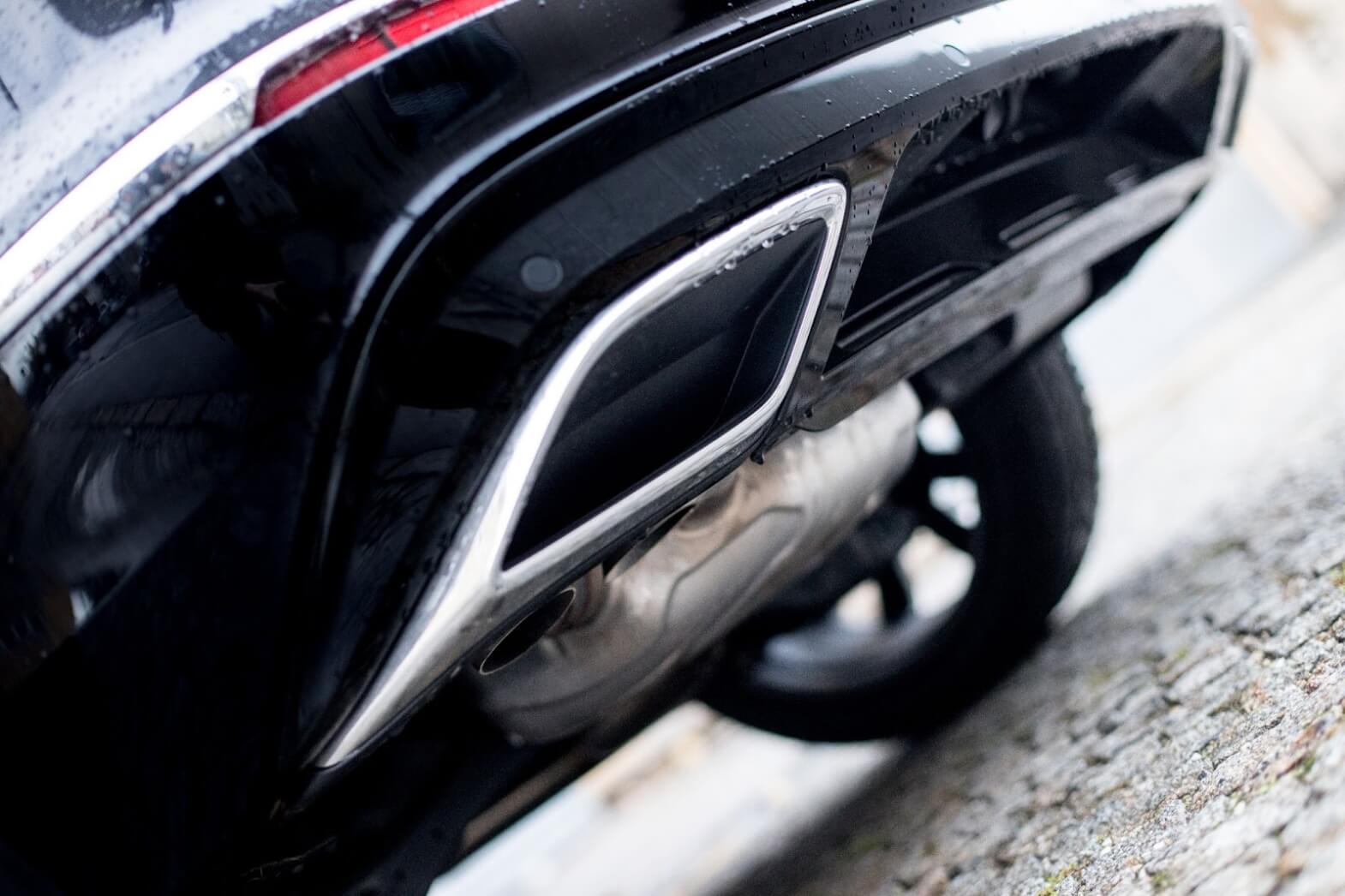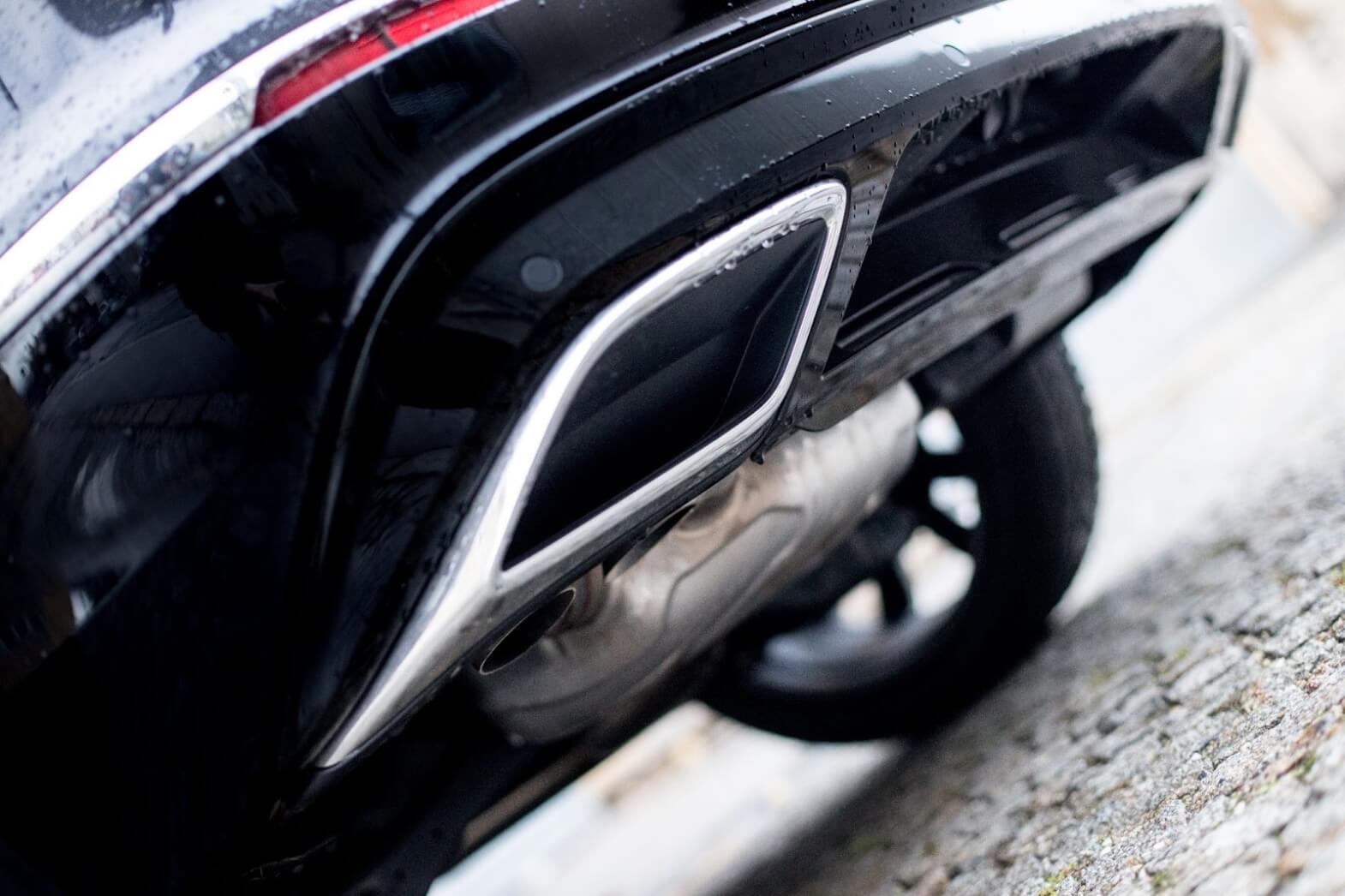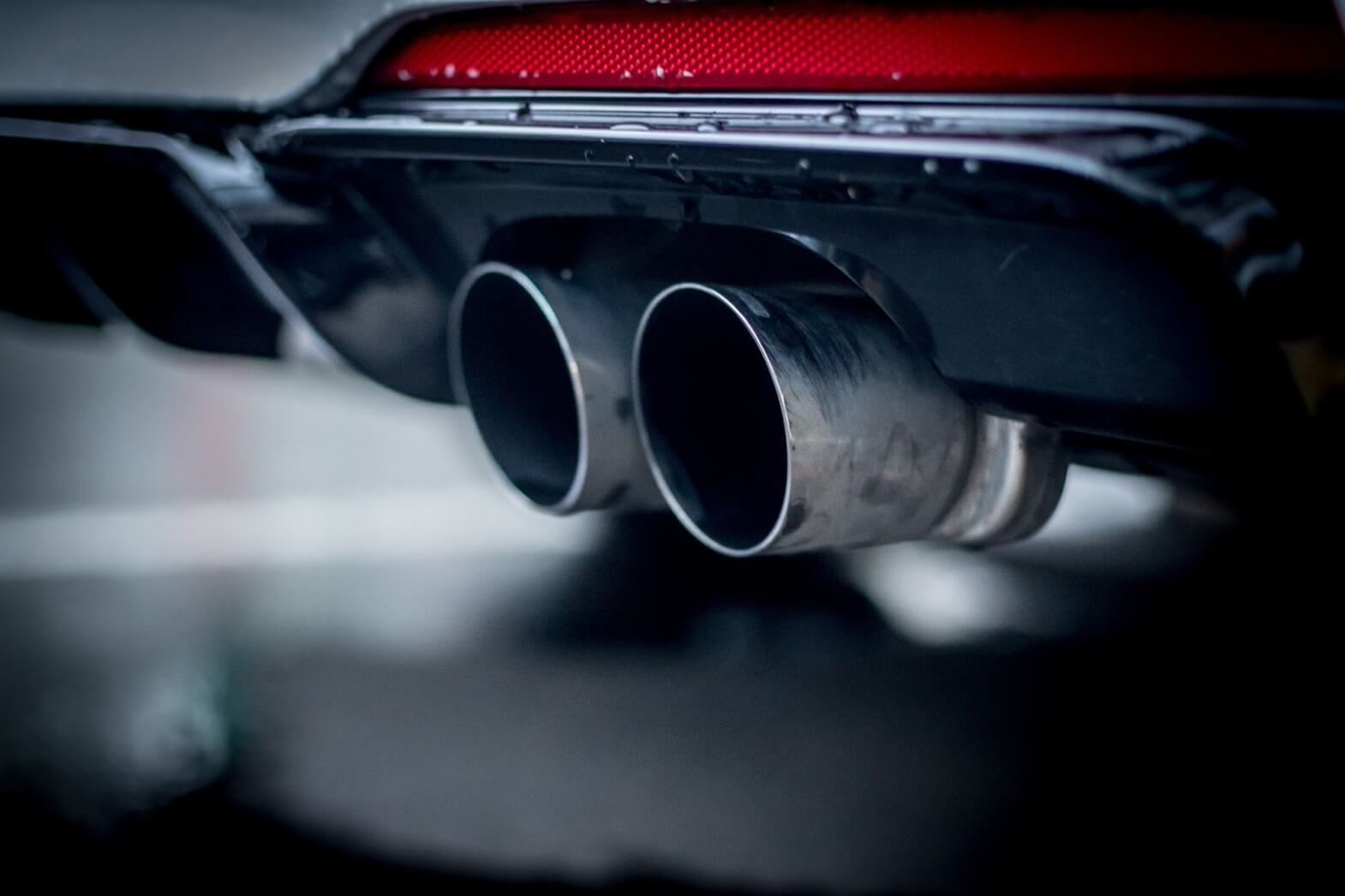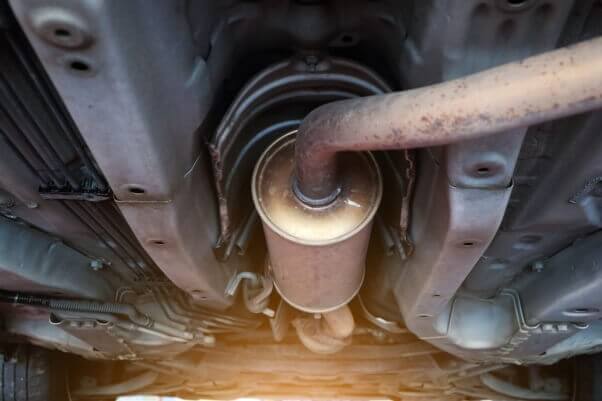Citroën DS5 Catalytic Converters Scrap Prices (7 results)
Catalytic Converter Scrap Prices from Citroën DS5 - July 17, 2025
- Used Diesel catalytic converter from Citroën DS5: 33 USD – 145 USD
- Used Ceramic catalytic converter from Citroën DS5: 33 USD – 145 USD
TR PSA K683 (CERAMIC)
Ref:
TR PSA K683 (CERAMIC)
Car models:
Car description:
Citroën C4 1.6 DV6C / Citroën DS5 1.6 E-HDI / Peugeot 508 1.6 e-HDi (84 kw) / Peugeot 3008 1.6 PH1
Components:
Max price for 6 months: 96 USD
TR PSA K680
Ref:
TR PSA K680
Ref2:
112631060000
Car models:
Car description:
Peugeot Expert 2.0 HDI (90 kw) / Peugeot 508 I 2.0 BlueHDi (150 hp / 110 kw) / Citroën C4 Picasso / Citroën DS5 2.0 HDI / Peugeot 308 GT MK2
Components:
Max price for 6 months: 211 USD
TR PSA K704 + TR PSA F010 (CERAMIC)
Ref:
TR PSA K704 + TR PSA F010 (CERAMIC)
Ref2:
141021317 / 3 04782365459153
Car models:
Car description:
Citroen DS5 2.0 HDI / Peugeot 508 2.0 HDI / Citroen C5 Berlina Millenium
Manufacturer:
Components:
Max price for 6 months: 47 USD
TR PSA K624
Ref:
TR PSA K624
Ref2:
55221 / 11.26.606.30.2.00
Car models:
Car description:
Citroën DS5 2.0 HDI / Citroën DS4 2.0 HDI / Peugeot RCZ 2.0 HDI GT / Peugeot 3008 / Citroën C5
Components:
Max price for 6 months: 178 USD
TR PSA K704 + TR PSA F010 (DPF)
Ref:
TR PSA K704 + TR PSA F010 (DPF)
Ref2:
141021317 / 3 04782365459153
Car models:
Car description:
Citroen DS5 2.0 HDI / Peugeot 508 2.0 HDI / Citroen C5 Berlina Millenium
Manufacturer:
Components:
Max price for 6 months: 33 USD
TR PSA K704 + TR PSA F010 (CERAMIC+DPF)
Ref:
TR PSA K704 + TR PSA F010 (CERAMIC+DPF)
Ref2:
141021317 / 3 04782365459153
Car models:
Car description:
Citroen DS5 2.0 HDI / Peugeot 508 2.0 HDI / Citroen C5 Berlina Millenium
Manufacturer:
Max price for 6 months: 43 USD
TR PSA S001
Ref:
TR PSA S001
Car models:
Car description:
Citroën DS5 2.0 HDI / Peugeot 308
Manufacturer:
Max price for 6 months: 47 USD
Your previous searches
Your previous searches
Prices by car brands
See all brands >
Articles

How to Extract Precious Metals from Catalytic Converters
Jul 16, 2025
Catalytic converters are not just components in your car's exhaust system, they are treasure troves of precious metals waiting to be reclaimed. These metals could be in various combinations, but mostl...

Why are catalytic converters valuable?
Jul 16, 2025
Catalytic converters serve as essential components in every vehicle. Originating in the mid-20th century and entering mass production by the 1970s, modern vehicles adhere to exhaust emission regulatio...

How much does a catalytic converter cost?
Jul 15, 2025
Catalytic converters were developed in 1950 as a response to environmental pollution issues by the growth of the automotive sector. In the middle of the 1970s, they were already put on to a conveyor t...

What Are Torpedo Catalytic Converters?
Jul 16, 2025
Torpedo catalysts are usually larger units compared to conventional catalytic converters. Usually, these uncommonly shaped catalytic converters come from Ford vehicles and are made for specific Ford c...


















































































